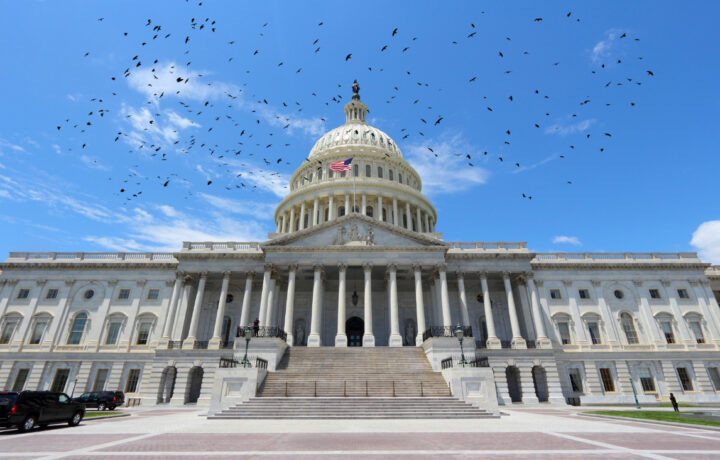The Social Security Administration announced the 2026 Cost of Living Adjustment (COLA) last week; they were slightly higher than the projections we made back in June of this year. Federal retirees under the Civil Service Retirement System (CSRS) will receive 2.8% along with all Social Security recipients. Federal retirees under the Federal Employees Retirement System (FERS) will receive a 2% increase, the same as this year.
The CPI increased slightly in the last quarter, resulting in a higher payout. COLAs for the past 5 years are listed below:
- 2026 – 2.8% CSRS and Social Security Recipients, 2% FERS
- 2025 – 2.5% CSRS and Social Security Recipients, 2% FERS
- 2024 – 3.2% CSRS and Social Security Recipients, 2.2% FERS
- 2023 – 8.7% CSRS and Social Security Recipients, 7.7% FERS
- 2022 – 5.9% CSRS and Social Security Recipients, 4.9% FERS
The COLA Shortfall
Federal annuitants and Social Security recipients appreciate receiving annual increases. Most private sector retirees don’t receive this benefit. Unfortunately, it seldom covers a retiree’s increased FEHB/PSHB healthcare premiums and Medicare Part B and D increases, or, in general, the higher cost of everything we need to survive today.
Retirees on a fixed income have to assess what they can cut each year to make up for the shortfall, or work part-time to do so. View all of the COLA increases from 1999 to the present.
Government Shutdown
Federal employees during government-wide shutdowns face a similar problem trying to make ends meet, especially in higher-cost-of-living areas. When your salary stops, whether or not it will be restored later, it creates mayhem for those living paycheck to paycheck. Those who are early in their careers haven’t had time to build an emergency fund to cover unexpected expenses.
There appears to be no end in sight for the current government shutdown, which started on October 1, 2025. The most extended shutdown lasted 35 days, from December 22, 2018, to January 25, 2019. This shutdown could easily exceed this, given that the President is overseas this week and few Democrats are willing to pass a clean CR.
Excepted federal employees must continue to work without pay until the funding bill is passed. Their work is funded through annual appropriations, but they are not furloughed because they are performing tasks that, by law, may continue during a lapse in appropriations.
Unemployment Benefit Eligibility
Given that we don’t know when this will end, furloughed competitive federal employees can apply for unemployment benefits at the unemployment office in the state where their last duty station was located.
When retroactive pay for furloughed employees is authorized, you will be required to pay back any unemployment benefits you received. For more information, see OPM’s Shutdown Furlough Guidance and the U.S. Department of Labor’s Unemployment Compensation for Federal Employees.
The Next Step
Unfortunately, the Senate adjourned last Thursday and won’t return until early next week. This impasse will continue until they reach a compromise. The Senate has tried to advance a funding bill 12 times without success, even though it did have some bipartisan support.
A bill to pay contractors and federal employees who continue to work during the shutdown also failed last week.
The Supplemental Nutrition Assistance Program (SNAP) isn’t being funded during the shutdown. Millions of low-income households can’t purchase groceries and other necessary food items. Senator Fetterman is one of the Democrats who voted for the clean funding bill; his primary concern is all of the Pennsylvanians who rely on this program to feed their families.
There have been rumors concerning back pay for those furloughed. In the past, furloughed and working employees’ full pay was restored after the shutdown ended in accordance with the Government Employee Fair Treatment Act.
I don’t see this changing anytime soon. Even though back pay will eventually come, it’s still a hard pill to swallow when you have mortgages to pay, childcare costs, and everyday living expenses due, and nothing in the checkbook.


